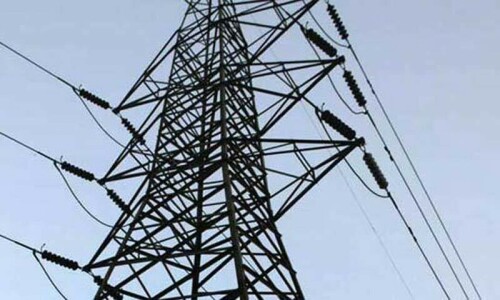LAHORE: The domestic urea production is projected to rise to a record 5.8 million tonnes this fiscal year against a demand of 5.5m tonnes owing to the new government policy of ensuring consistent, improved supply of local gas to the fertiliser manufacturers.
The government is expecting to save more than Rs19 billion in subsidies by precluding urea import and suspension of supply of Re-gasified Liquefied Natural Gas (RLNG) to the two plants this fiscal year because of the increased indigenous gas-based output of the nutrient, according to the federal industries ministry officials.
“We have not booked anything in urea-related subsidies in this year’s budget because of the government’s changed policy thrust on import substitution. Under this new policy, the government has increased the supply of domestic gas to the urea plants to help them increase their capacity utilisation while cutting off supply of subsidised, imported gas to the RLNG-based plants,” an official told Dawn.
The size of subsidy on 101,000 tonnes imported fertiliser is estimated to be close to Rs2.5bn and on the supply of imported RLNG for manufacturing 767,000 tonnes urea to be around Rs17bn, according to data provided by a fertiliser company.
So far this year, the local gas-based urea producers have manufactured 2.9m tonnes of urea compared to 2.5m tonnes a year ago. Besides the projected increased urea production, the industry also had an opening inventory of 550,000 tonnes at the start of the financial year on July 1. These inventories are almost three times higher compared to the previous year and make the urea market adequately supplied for the Kharif season.
According to Karachi-based research houses, the urea demand during the last few months had remained dismal amid Covid-19 pandemic. Besides, the farmers have delayed urea purchases in anticipation of implementation of the sticker-based subsidy. The industry sales for the second half of the last fiscal to June are expected to be around 2.5m tonnes compared to 2.9m tonnes the previous year, thus recording a decline of 12pc.
The industry however has recently indicated to increase the prices by Rs200 per bag in case the gas companies were allowed to raise their tariffs, which were frozen in January in view of the high inflation of over 14pc.
Published in Dawn, July 1st, 2020











































Dear visitor, the comments section is undergoing an overhaul and will return soon.